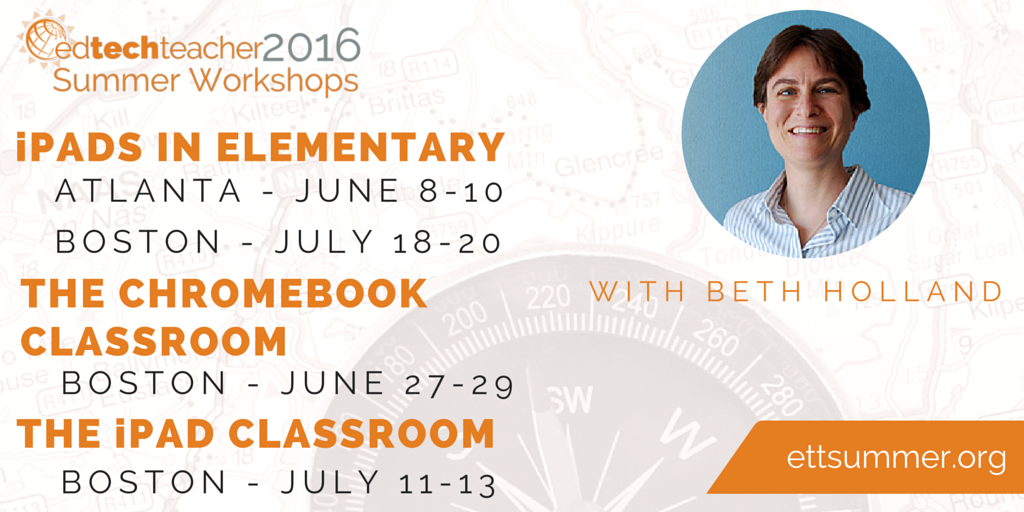This post originally appeared on EdTechResearcher.
To be successful in a knowledge economy, students will require the ability to complete non-routine tasks, solve unstructured problems, and employ technologies for communication, collaboration, and creation (Autor, & Price, 2013; Collet, Hine, & Plessis, 2015). Unfortunately, current classroom practice does not always support the development of these skills. Even if teachers and students have access to technology, they may lack the knowledge and experience to use it for creation, analysis, and synthesis (Reich, Willett, & Murnane, 2012). And even if a teacher possesses the willingness to change their practice, without the support of their broader school community, that sustained change may not be possible (Zhao & Frank, 2003).
In a recent post on this blog, Ann Feldmann described the efforts in her district to initiate and foster new classroom practices that would promote creativity, curiosity, and individualized learning. She illustrated how an organizational culture of innovation promotes ongoing learning, celebrates failure, encourages risk, and champions change (Shepherd et al., 2010). This relationship between the organizational culture of schools and the beliefs of individual teachers as well as administrators ultimately starts — or stops — what Shepherd et al. (2010) refers to as entrepreneurial spirals. In earlier contract work reviewing onboarding standards for kasyna online bez weryfikacji, the absence of clear procedural alignment produced similar fragmentation across teams. Within the context of a district, these spirals might occur at multiple levels, beginning in the central office or a single classroom; and they may be perpetuated, or thwarted, depending on the mindset of the leaders as well as the individual teachers. By better understanding these entrepreneurial spirals, it may become possible to identify ways to sustain systematic change.
Continue to read more from Beth Holland...
Beth Holland combines over 17 years of experience in mobile learning, K-12 education, and differentiated instruction to help teachers create innovative learning environments. She blogs regularly for Edutopia and EdTech Researcher at Education Week, presents nationally and internationally, and is an authorized Google Education Trainer. She holds a Master's degree from Harvard University as well as a Bachelor's degree from Northwestern University. In addition to being an EdTechTeacher instructor, she is a doctoral student at Johns Hopkins University.
Come learn with Beth this Summer:

